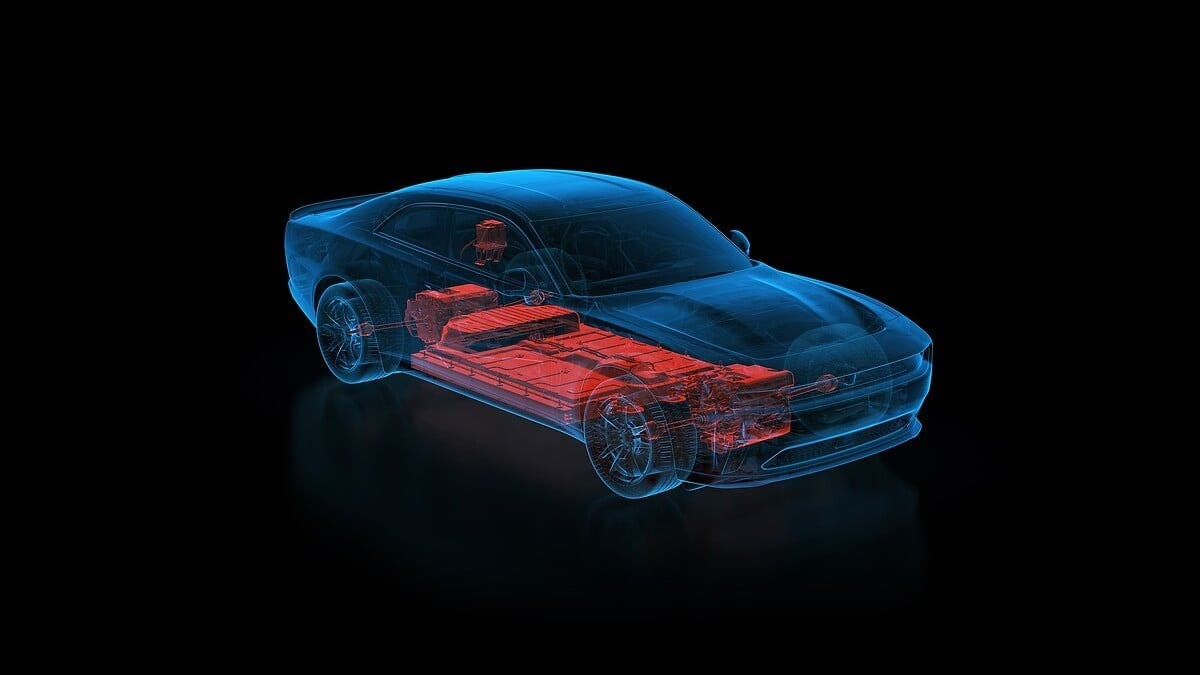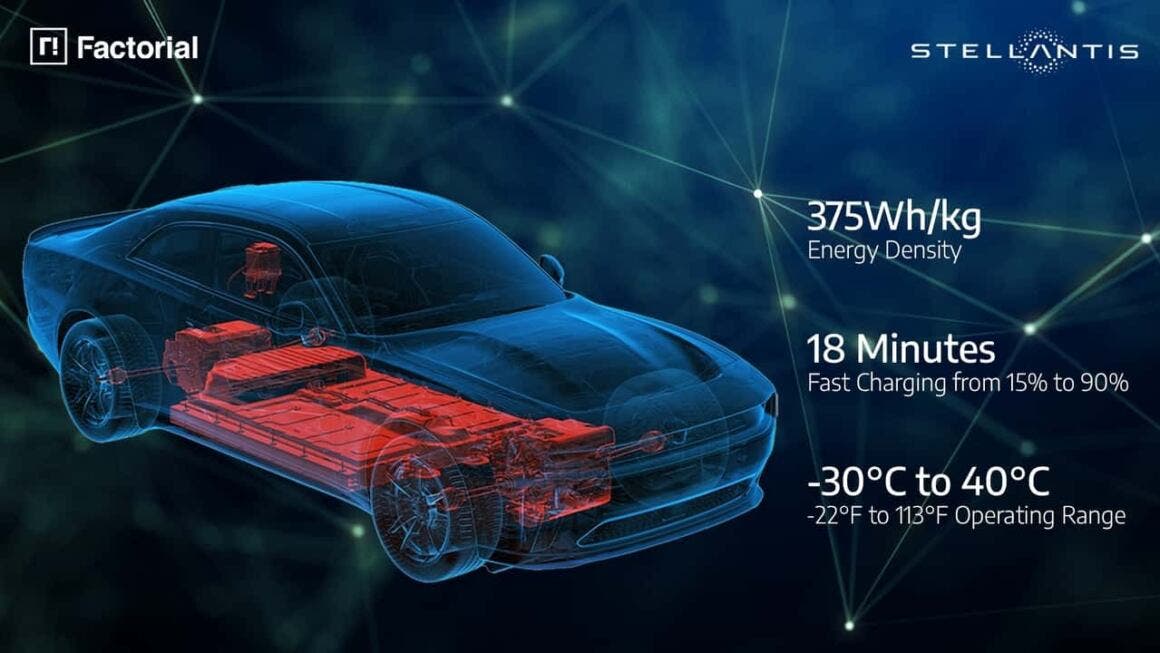Despite disappointing sales of its first electric muscle car, the Dodge Charger Daytona, and pressure from enthusiasts calling for the return of the legendary Hemi V8, Stellantis continues its journey toward the future without hesitation.
The automotive group has confirmed the launch of a pilot fleet of test Dodge Chargers equipped with solid-state batteries by 2026. Fortunately, development is proceeding according to plan. However, not everything that glitters is gold: comparing the released data with promises from Chinese manufacturers, the results appear less impressive.
Dodge Charger Daytona: initial results with solid-state batteries are not positive

Stellantis, in collaboration with Factorial Energy, still aims to bring this innovative technology into Dodge’s series production by the end of the decade. Recently, the partnership has validated 77 Ah cells capable of offering an energy density of 375 Wh/kg and durability exceeding 600 cycles. The charging speed is also impressive: from 15% to 90% in just 18 minutes, at room temperature. The new batteries function effectively in a climate range from -30°C to +45°C, making them ideal for most U.S. markets.
According to Siyu Huang, CEO of Factorial, the real achievement is balancing high energy density, long life, safety, and fast charging in a single product. And this balance represents a significant breakthrough, especially after data from the long testing of the Dodge Charger Daytona EV. Although Stellantis claims to be at the forefront in the United States, competitors in China seem to be a step ahead: Chery is developing 600 Wh/kg batteries, while SAIC and GAC promise cells of at least 400 Wh/kg by 2026.
The solid-state batteries chosen in this case for the Dodge muscle car are considered the next frontier for electric vehicles. We’re talking about denser, safer structures that charge faster than current liquid electrolyte battery packs. By reducing mass and volume, they significantly improve efficiency and range.

